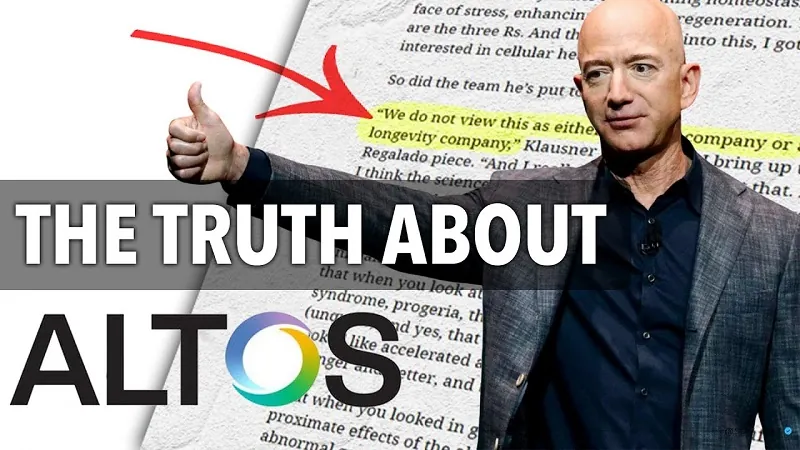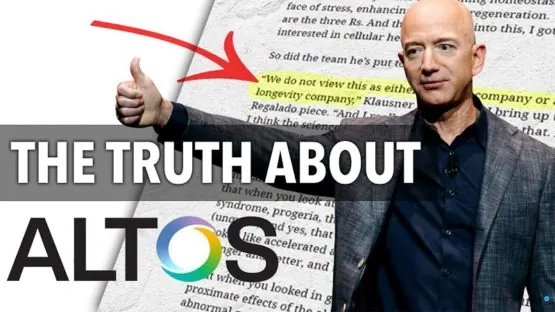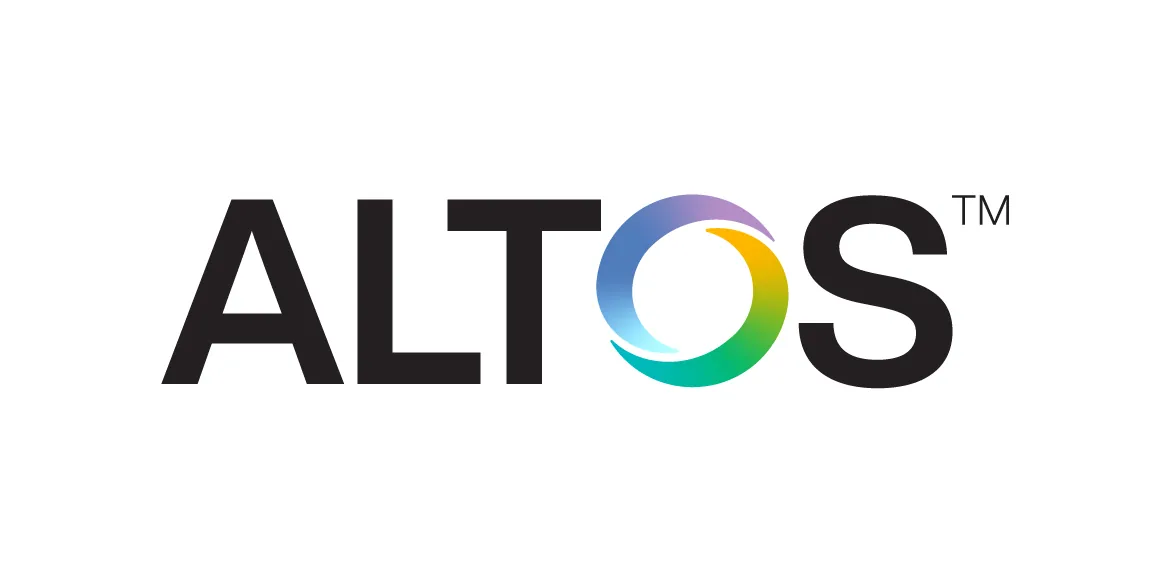Altos Labs has expressly denied being a longevity company, and on this episode of Lifespan News, Ryan O’Shea explains why that might be the case.
Script
We’ve already covered how the reportedly Jeff Bezos-backed biotech company Altos Labs just exited stealth mode to announce $3 billion in funding and a team full of Nobel Prize winners and pioneers from academia and business. According to their website, they are “focused on cellular rejuvenation programming to restore cell health and resilience, with the goal of reversing disease”. This understandably caused a lot of excitement in the longevity community – which may have come as a surprise to the Altos Labs team, since they insist that they are not an anti-aging or longevity company.
In an article published by Endpoints News on January 19, Altos Labs’ founder and chief scientist Rick Klausner is quoted as saying “We do not view this as either an aging company or a longevity company, and I really feel strongly about that. And I think the science that’s going to emerge shows that yes, you can make cells that get dysfunctional over time healthier and more resilient, but it’s independent of age.”
This is something we’ve heard directly from the company’s representatives as well. The news team at Lifespan.io reached out to Altos Labs to find out more, and they received a response saying, quote, “Altos is not an anti-aging or longevity company.”
However, this messaging either didn’t make it far or was largely ignored, because numerous media outlets and content creators referred to Altos as an “anti-aging” company or similar, and it’s not something we’ve shied away from here at Lifespan News.
And I think it’s understandable why. Many of the notable scientists and leaders now affiliated with Altos Labs have been known for years for their work in aging research, and in many cases have been active participants in conferences and events within the longevity community, and the work that they are now doing at Altos appears to be very similar to that previous work – work that has been called aging research.
So, when Rick Klausner says that Altos is focused on reversing the dysfunction that occurs in cells over time, and that they seek to rejuvenate cells to a healthier and more resilient state, but that that’s independent of age and does not make them an anti-aging company, I think the real issue here is a semantic dispute.
It comes down to what we mean by “aging”. Are we talking about chronological age? Biological age? Aging-related diseases?
To be fair, I can appreciate where Rick Klausner and the Altos team is coming from. There is no shortage of snake oil, and psuedo-science, and fringe, quasi-religious beliefs when it comes to the quest to overcome aging. It’s been in our stories for millenia, and it typically doesn’t go too well for the characters involved in that pursuit.
A number of people still have an aversion to the idea of trying to extend healthy human lifespan, and even some of those who fully embrace the endeavor are rooted not in science and rationality, but in misplaced hopes and gullibility. There are plenty of reasons for a for-profit company with a lot at stake to try to control their branding and message, making sure that the focus is on the science and medical breakthroughs and not on who their investors are or anyone’s wild ideas about concepts such as immortality.
This situation probably wasn’t helped by the fact that perhaps the earliest public report about Altos Labs, the MIT Technology Review article from Antonio Regalado, featured a headline about living forever and a poorly-photoshopped image Jeff Bezos as a knight playing a game of chess with the personification of death.
This is probably not the visual that Altos Labs wants people to think of when they hear the company’s name. And that’s just one article. Others talked about bionic billionaires, and immortality, and the fountain of youth.
Media outlets want clicks, because that gives them attention and ad dollars. Sensationalism and outrage get those clicks, and this can overshadow the branding and messaging that a company such as Altos, and the scientists within it, really feel should be highlighted.
At the end of the day, the technology that Altos Labs is working to develop may be able to reverse the damage and dysfunction that accumulate in cells as a byproduct of the biological aging process. This could, in theory, revert people to what we would call a younger biological age, even though their chronological age continues to increase. And this has the potential to extend both their healthspan and their lifespan.
So, while Rick Klausner, and perhaps others, “feel strongly” that Altos Labs is not an anti-aging or longevity company, and while I understand why they want to frame things in that way, I think there’s more than enough justification for people to refer to Altos as such. At a minimum, I think we can safely call Altos Labs a “rejuvenation company”, since that’s a word they use themselves. And rejuvenation is a viable approach to tackling aging. A system that rejuvenates faster than the damage of aging accrues will never experience those problems.
We just need to be responsible about this. If Altos Labs doesn’t want to be associated with longevity, that’s a clear indication there’s a branding problem with it – and it’s up to all of us to correct that. This will be a topic that we address in future videos, so please subscribe so you can be a part of that solution.
I’m Ryan O’Shea, and we’ll see you next time on Lifespan News!





